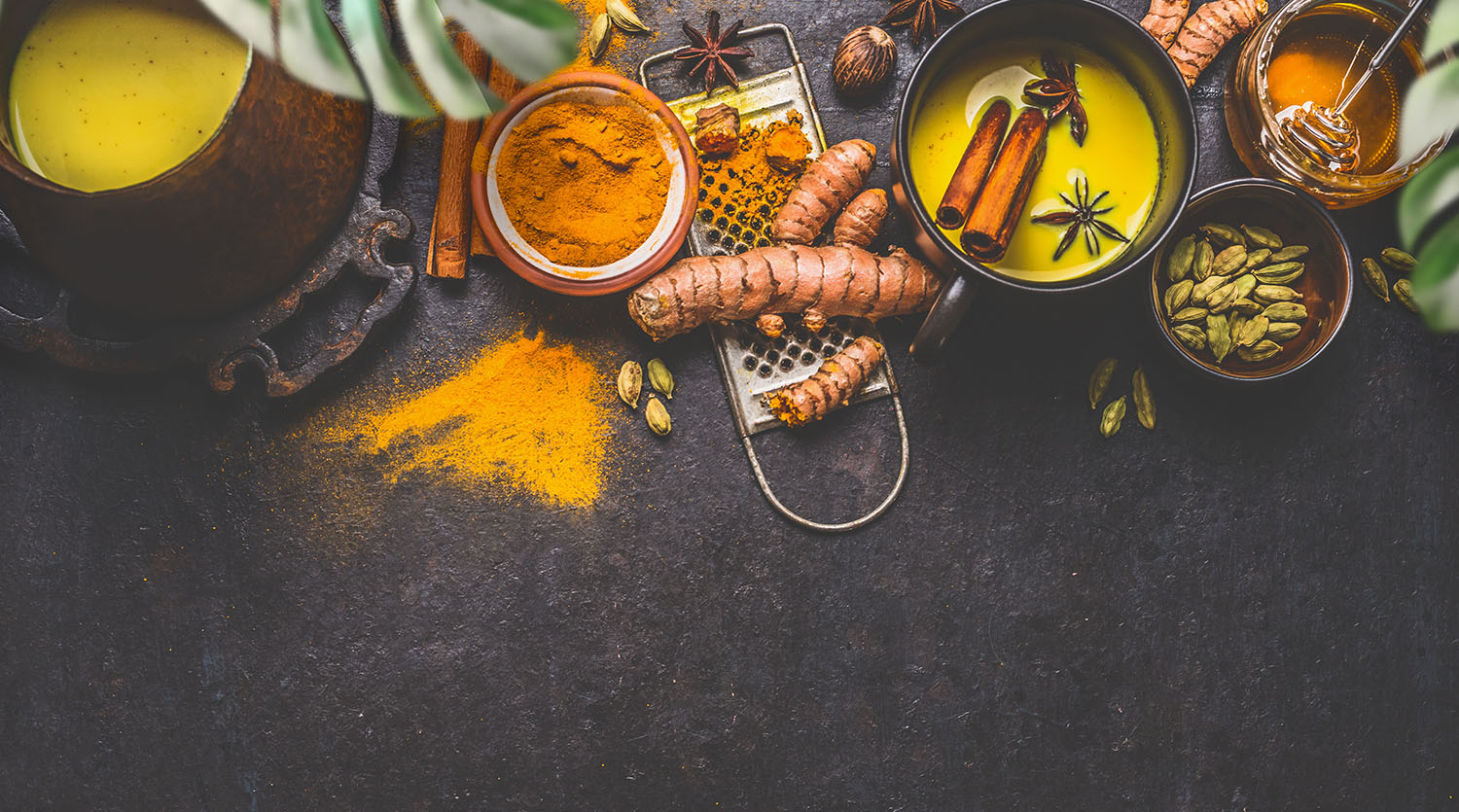Endometriosis is a chronic medical condition that affects millions of women worldwide (myself included!). It occurs when tissue similar to the lining of the uterus grows outside of the uterus, causing pain, inflammation, and other uncomfortable symptoms. While there is no cure for endometriosis, there are various ways to manage its symptoms, and diet plays a significant role in this process. Today we’ll explore diet tips for endometriosis, focusing on reducing inflammation and improving overall well-being.
Embrace an Anti-Inflammatory Diet
Endometriosis is associated with inflammation, so adopting an anti-inflammatory diet can be beneficial. Focus on incorporating foods that help reduce inflammation, such as:
- Fruits and vegetables: Rich in antioxidants and phytonutrients, these foods can help combat inflammation. Berries, leafy greens, and colorful vegetables are excellent choices.
- Fatty fish: Salmon, mackerel, and sardines are high in omega-3 fatty acids, which have anti-inflammatory properties. But so do walnuts! If vegan, you can also supplement with Vegan Omega-3s.
- Nuts and seeds: Almonds, walnuts, flaxseeds, and chia seeds contain healthy fats and fiber that may help reduce inflammation.
- Turmeric and ginger: These spices have potent anti-inflammatory effects. You can add them to your dishes or enjoy them in tea. Or you can enjoy them in a protein bite!
Fiber, Fiber, Fiber!
Dietary fiber, particularly soluble fiber, found in various foods like oats, flaxseeds, and beans, plays a vital role in regulating estrogen levels within the body. Soluble fiber possesses a unique property that allows it to bind to excess estrogen present in the gastrointestinal tract. This binding process is crucial because it prevents the reabsorption of estrogen back into the bloodstream, ultimately facilitating its elimination from the body through the process of excretion via stool. By preventing estrogen from being reabsorbed, fiber effectively helps reduce its overall levels in the body. Read more about how fiber can help regulate your estrogen levels.
Choose Whole Grains
Opt for whole grains like brown rice, quinoa, and whole wheat over refined grains like white bread and pasta. Whole grains are rich in fiber, which can help regulate hormones and reduce inflammation. They also provide sustained energy, preventing blood sugar spikes and crashes that can exacerbate endometriosis symptoms.

Limit Processed Foods and Added Sugars
Processed foods and foods high in added sugars can contribute to inflammation and worsen endometriosis symptoms. Minimize your consumption of sugary snacks, sugary drinks, and highly processed foods like fast food and sugary cereals. These foods can disrupt hormonal balance and lead to inflammation.
Dairy Considerations
Some individuals with endometriosis report improved symptoms when they reduce or eliminate dairy products from their diet. Dairy contains hormones and can be inflammatory for some people. If you decide to try a dairy-free diet, be sure to get enough calcium and vitamin D from alternative sources like fortified plant-based milk, leafy greens, and supplements if necessary.
Explore the Low-FODMAP Diet
FODMAPs (Fermentable Oligosaccharides, Disaccharides, Monosaccharides, and Polyols) are a group of carbohydrates that can trigger digestive symptoms in some people. Some individuals with endometriosis also experience gastrointestinal issues. Consider trying a low-FODMAP diet under the guidance of a healthcare professional to see if it alleviates any digestive discomfort. Interested in learning more now? Try out my guide to Starting the low-FODMAP Diet here.
Maintain a Healthy Weight
Achieving and maintaining a healthy weight can help reduce inflammation and manage endometriosis symptoms. Excess body fat can produce estrogen, which can worsen the condition. However, avoid extreme diets or excessive weight loss, as they can also negatively impact hormonal balance.
Stay Hydrated
Proper hydration is crucial for overall health, and it can help manage endometriosis symptoms by reducing bloating and promoting regular bowel movements. Drink plenty of water throughout the day, and consider herbal teas or infused water for added variety.
While diet alone cannot cure endometriosis, making mindful food choices can significantly impact symptom management and overall well-being. It’s essential to work closely with a healthcare provider or registered dietitian when making significant dietary changes, as individual responses to specific foods may vary. By adopting an anti-inflammatory, balanced diet and paying attention to how your body reacts to different foods, you can take positive steps towards improving your quality of life while living with endometriosis. Remember that what works best for one person may not work for another, so it’s essential to listen to your body and find the dietary approach that suits you best.

Hi I’m Sara!
I’m a vegan low-FODMAP nutritionist and chef. I work with brands & individuals to develop recipes, digital content or learning materials and classes. I’m on a mission to help others understand (and love) healthy eating & being.

